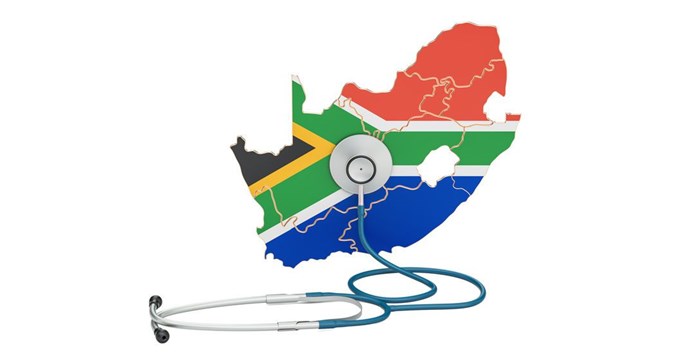The cost of healthcare, inadequate benefits and failing public healthcare facilities were very much in the news in 2018 and are likely to continue to feature strongly in headlines in 2019 as South Africa finds its way towards universal health coverage.
On the scheme beneficiary front
Key concerns are the escalating cost of contributions as well as inadequate medical scheme benefits. In combination, these translate into higher out-of-pocket expenditure by beneficiaries. In 2017, it was estimated that beneficiaries had to pay at least R32bn for out-of-pocket medical expenses. This is a significant amount given the challenging economic environment.
Last year indicated a different focus for medical aid schemes as there were several publications relating to reform which will affect the private healthcare space. We witnessed the publication of the National Health Insurance (NHI) Bill and the Medical Schemes Amendment Bill (MSAB), both of which had been long awaited. What the sector found disappointing was that not much was provided to beneficiaries in terms of immediate relief.
What happened in 2018
The Health Market Inquiry (HMI) published its provisional report, which was very comprehensive, soon after the publication of the two bills. There is, however, a sense of a lost opportunity as the inquiry's findings were published afterwards and have thus not made their way into the bills. The HMI findings are comprehensive and provide insights based on years of studying of the environment.
The Council for Medical Schemes (CMS) was also in on the action, they published a circular inviting comment on the framework for consolidation of medical schemes. This circular received much criticism and caused significant anxiety among the schemes, particularly those which were specifically mentioned in the circular. It is evident from the circular that more needs to be done prior to consolidation taking place.
The Presidency announced in the latter part of the year that they will be supporting processes to establish the NHI. To this end, several resources from the Presidency were allocated to drive the collaboration. The Presidential Health Summit brought in most stakeholders from the health sector to map a way forward. It looked like a key moment, as all acknowledged and reflected on the poor state of health in the country. There was excitement that there would be a chance for stakeholders to work together for the sake of the much-needed health reform.
The excitement was, however, marred after a leaked document from National Treasury highlighted some potential challenges within the internal stakeholders. The question is whether this will erode the goodwill from the summit and serve to deepen the existing trust deficit.
This year is certainly shaping up to be an even more dramatic year with many changes looming.
The Health Market Inquiry (HMI) was expected to issue its final report in December 2018. When it does come out, the key questions though are whether the recommendations will be in alignment with the other reforms and their activities sequenced to en-able ease of implementation.
What 2019 might look like
The NHI Bill should also come through in early 2019 – probably before elections. In the light of the enthusiasm that surrounded its long-awaited release, we hope it will embrace the input from the various submissions as well as discussions from the consultative meeting and the Presidential Health Summit. The prevailing narrative is that NHI is for the benefit of the citizens, it is so huge a project that there should be more collaboration among all stakeholders across the healthcare spectrum.
While all this is unfolding, we have to be cognisant of the member experience as there are already numerous pressures, mostly economic, that they have been subjected to. With the economy in its current state, other than worrying about job losses, beneficiaries will have to contend with above inflation medical scheme contribution increases. The impact will be worsened by the recently announced interest rate hike by the South African Revenue Service.
Beneficiaries will also be faced with many messages around the future of healthcare, some of which may be confusing as the media will probably be awash with stories and opinion pieces on healthcare and how it should be structured.






































